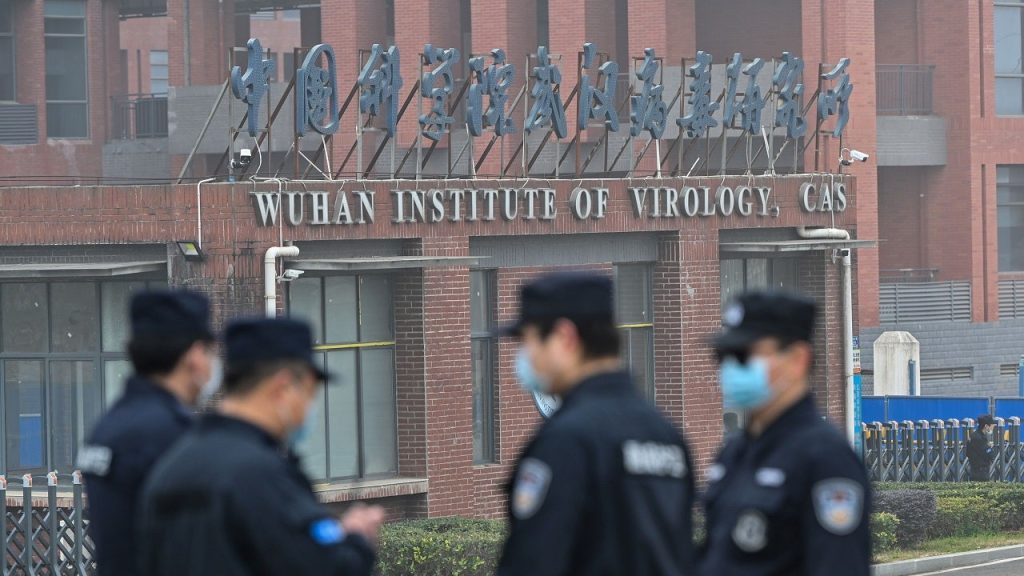The Central Intelligence Agency (CIA), under the new directorship of John Ratcliffe, has shifted its stance on the origins of the COVID-19 pandemic, now leaning towards the theory of a laboratory leak as the more probable scenario. This represents a notable departure from the agency’s previous position of agnosticism, where it maintained a lack of sufficient intelligence to definitively conclude whether the virus originated in a laboratory or through natural transmission from animals at a wet market in Wuhan, China.
This reassessment comes as a result of a review commissioned by former President Biden’s National Security Advisor, Jake Sullivan, near the end of his tenure. Despite the shift towards favoring the lab leak hypothesis, the CIA’s assessment carries a “low confidence” qualifier. This indicates that while the current evidence points towards a research-related origin, the agency acknowledges the possibility of a natural origin remains plausible. The CIA maintains its commitment to continually evaluate any new, credible intelligence or publicly available information that could further alter its assessment.
The change in the CIA’s stance is significant, particularly given the agency’s previous insistence on the lack of conclusive evidence. This shift, overseen by Ratcliffe, a long-time proponent of the lab leak theory, aligns with his expressed view that the agency needs to take a more definitive stand on the issue. Ratcliffe has consistently advocated for a more assertive role for the CIA in addressing the perceived threat from China, and this reassessment on COVID-19’s origins appears to be part of that broader strategic vision.
The transition from an agnostic position to favoring the lab leak theory, albeit with low confidence, reflects a subtle yet significant shift in the narrative surrounding the pandemic’s origins. Ratcliffe’s public statements and prior writings suggest a strong conviction in the lab leak theory. He has criticized the Biden administration for allegedly suppressing intelligence supporting this theory and has questioned the CIA’s previous assertions of insufficient evidence. He frames the lab leak theory not merely as a scientific question, but as a critical component of a broader strategy to address the geopolitical challenges posed by China.
Ratcliffe’s perspective, as expressed in his public statements and co-authored articles, highlights a sense of urgency and a belief that the intelligence community should play a more active role in shaping the narrative around the pandemic’s origins. He has expressed frustration with what he perceives as a reluctance to acknowledge the purported weight of evidence supporting the lab leak theory, and has characterized the lack of a definitive conclusion as “utter nonsense” given the CIA’s capabilities. This perspective contrasts with the more cautious approach previously adopted by the agency, which emphasized the need for conclusive evidence before taking a definitive stance.
The CIA’s revised assessment, coupled with Ratcliffe’s public pronouncements, contributes to the ongoing debate surrounding the origins of COVID-19. While the agency’s “low confidence” qualifier underscores the continuing uncertainty, the shift towards favoring the lab leak theory adds momentum to this particular hypothesis. The debate is likely to continue as new information emerges and further investigations are conducted. The implications of this debate extend beyond the scientific realm, encompassing geopolitical considerations and the broader relationship between the United States and China.

